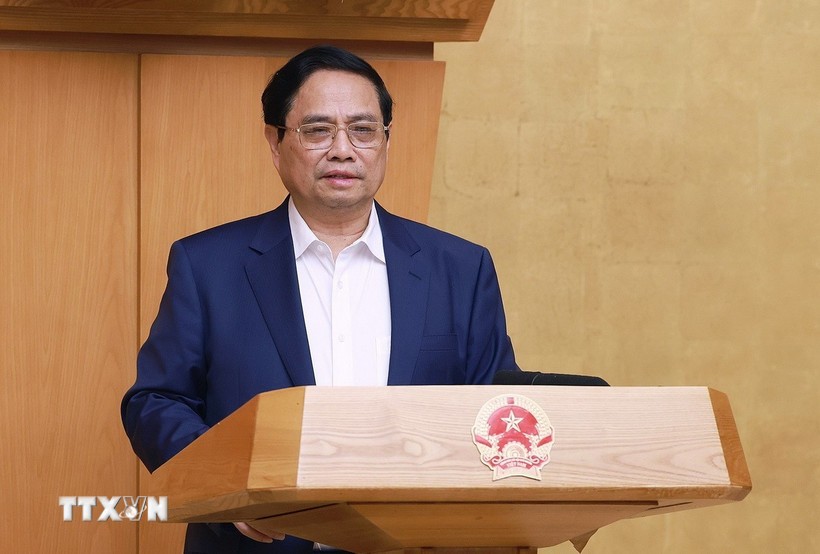
Prime Minister Pham Minh Chinh chairs the Government's special meeting on law-making in July 2025. (Photo: Duong Giang/VNA)
Concluding the Government's special meeting on law-making in July 2025 held on the morning of July 23, Prime Minister Pham Minh Chinh directed the drafting of laws to ensure the promotion of decentralization and delegation of power, the transition from "pre-inspection" to "post-inspection," and the determination to cut unnecessary administrative procedures, reduce intermediaries, and eliminate the practice of superiors "legalizing" subordinates.
At the meeting, the Government listened to the presentation of the draft laws; reported on the acceptance of appraisal opinions on the draft laws; and discussed the draft laws: Draft Law on amending and supplementing a number of articles of the Law on Judicial Records; Draft Law on amending and supplementing a number of articles of the Law on Drug Prevention and Control; Draft Law on Vietnam Civil Aviation (replacement); Draft Law on E-commerce; Draft Law on Higher Education (replacement); Draft Law on Vocational Education (replacement).
Discussing the Draft Law amending and supplementing a number of articles of the Law on Judicial Records, Government members analyzed the role and significance of the law in the context of organizing two-level local governments and promoting digital transformation in all aspects of social life.
Requiring the law to continue to cut administrative procedures; design transitional provisions, and handle overlaps in the content of the Law with other laws related to the field of judicial records, the Prime Minister suggested continuing to consult international experience, experts and affected subjects to further perfect the draft law.
Commenting on the draft Law amending and supplementing a number of articles of the Law on Drug Prevention and Control, opinions assessed that the amendment is necessary and suitable to the practical situation. The draft law fundamentally changes the viewpoint and perception of drug addicts.
Current law considers addicts as patients, so they are treated like patients, but according to the draft Law amending and supplementing a number of articles of the Law on Drug Prevention and Control, illegal drug users are criminals.
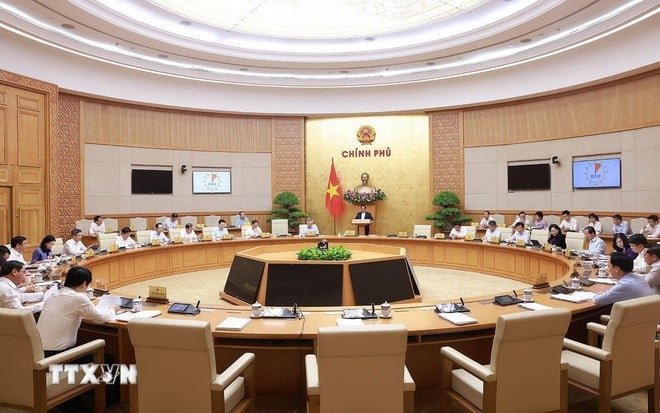
With the requirement that the Law amending and supplementing a number of articles of the Law on Drug Prevention and Control must be a tool to prevent and repel drugs, the Prime Minister requested that the regulations must handle related issues in practical implementation; pay attention to humanitarian issues, when drug addicts are minors, ensure the right to study and practice.
In the draft Law on Vietnam Civil Aviation (replacement), Government members believe that the development of this law is necessary to promote the development of Vietnam's civil aviation industry, especially in the fields of state management, safety, security, airports, air transport, and aviation industry development...
Regarding this draft law, Prime Minister Pham Minh Chinh said that in the process of national development, the civil aviation industry continues to grow strongly. Therefore, this draft law must be created for development, in which the law only stipulates the framework and principles, while the contents that may have fluctuations are assigned to the Government and thoroughly decentralized and delegated.
The Prime Minister requested the ministry to continue reviewing existing problems and propose amendments such as the handling of public assets on land, ticket prices, handling of abnormal operations, and management of aircraft; mobilizing resources for the development of the aviation ecosystem, especially public-private partnerships, including regulations allowing the private sector to participate in the development of airports, aviation, and airport cities...
Regarding the Draft Law on E-commerce, Government members believe that the development of this law is necessary, meeting the requirements and in line with the strong development of the digital economy, especially the explosion of online business forms such as e-commerce platforms, livestream sales, affiliate marketing, social networking platforms with integrated commercial functions, etc.
The Prime Minister requested the completion of the E-commerce Law Project to fully specify and institutionalize the Party's new policy on digital transformation; manage but remove current difficulties and obstacles; encourage, create development, promote digital economy, digital government, digital society, digital citizens; and design tools for management, inspection and supervision. In particular, the authorities strengthen the management of goods quality, tax management, and prevent tax losses; limit the negative aspects of e-commerce, prevent smuggling, fraud, trade fraud, counterfeit goods, and imitation goods...
The Government has spent a lot of time discussing the draft Law on Higher Education (replacement) and the draft Law on Vocational Education (replacement) on many related issues such as management, operation model; enrollment, training programs; specialized specialized training; decentralization and delegation of authority in granting diplomas, certificates, recognition of academic titles and degrees...; especially meeting the requirements of improving the quality of human resources to serve the country's development in the new period.
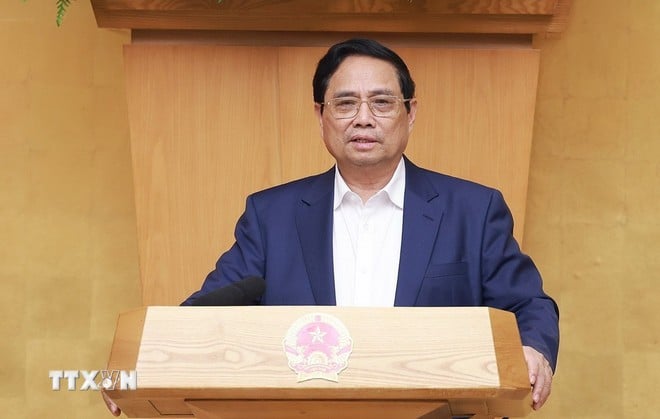
The Prime Minister noted that laws must closely follow and institutionalize the Party's Resolution on education and training and related Resolutions to improve the quality of human resources and modern management; promote decentralization and delegation of power, especially in specialized and specific fields.
In which, the regulations on professional management are unified from the central to the grassroots level, but the place that manages facilities and human resources better will be assigned to manage; encourage and link education and training with innovation; pay attention to both basic training, specialized and advanced training; quickly adapt to emerging industries, link training with use; increase the quality of education and training and reduce the number of universities, develop branch models of schools...
After a heated discussion and direction to complete the Draft Laws, concluding the Session, the Prime Minister reiterated the direction of General Secretary To Lam that this year, it is necessary to fundamentally remove institutional and legal obstacles, create development, serve the people, and turn institutions from "bottlenecks of bottlenecks" into national competitive advantages.
Therefore, the Prime Minister requested ministries and branches to focus material and human resources on the work of building and perfecting legal institutions; in particular, Ministers and Heads of ministerial-level agencies must spend more time and directly direct and participate in building institutions and laws.
The Prime Minister directed ministries and agencies to carefully review; promote decentralization and delegation of authority along with appropriate resource allocation, improve implementation capacity and design tools for inspection and supervision, switch from "pre-inspection" to "post-inspection"; resolutely cut unnecessary administrative procedures, reduce intermediaries, and eliminate the practice of superiors "legalizing" subordinates.
On that basis, the work of building and perfecting laws must ensure timely goals in terms of time, progress, and quality improvement. Laws must closely follow reality, originate from reality, respect reality, take reality as a measure; ensure the highest legal principles. Legal tools must be close to reality, have high fighting spirit, feasibility, and effectiveness in the process of building and implementing.
The Prime Minister noted that the law only regulates framework issues, which are of a principled nature. Issues that are clear, proven to be correct in practice, effectively implemented, and agreed upon and supported by the majority will be legalized and applied in practice. Issues that are still fluctuating and complicated will be assigned to the Government, ministries and branches to regulate in detail, provide specific instructions, continue to research, perfect and gradually expand, without being perfectionist or hasty.
Prime Minister Pham Minh Chinh requested that the dossiers and draft laws for amendment and supplementation need to clarify the "5 reasons" including: Why omit, why complete, why add, why cut procedures, why decentralize and delegate power.
Along with that, new documents and draft laws need to ensure "6 clarity" including: Clarity on decentralization and delegation of power; clarity on viewpoints and principles; clarity on cutting procedures, reducing compliance costs, and reducing inconvenience for people; clarity on the Party's viewpoints that must be institutionalized; clarity on the impact and effectiveness when promulgating laws; clarity on political views when there are different opinions.
Emphasizing that the content of the law must be expressed concisely, clearly, easily understood, easy to implement, easy to urge, monitor, inspect and evaluate, the Prime Minister directed the drafting agencies to listen to the opinions of scientists, experts, affected subjects and international references; promote democracy in discussion, creating broad consensus.
The Prime Minister requested to fully absorb the opinions of Government members, complete the dossiers of the draft laws; at the same time, proactively coordinate with the National Assembly agencies and full-time National Assembly deputies to complete the draft laws to ensure time and quality./.
Source: https://baolangson.vn/thu-tuong-loai-bo-tinh-trang-cap-tren-hop-thuc-hoa-cho-cap-duoi-5053990.html



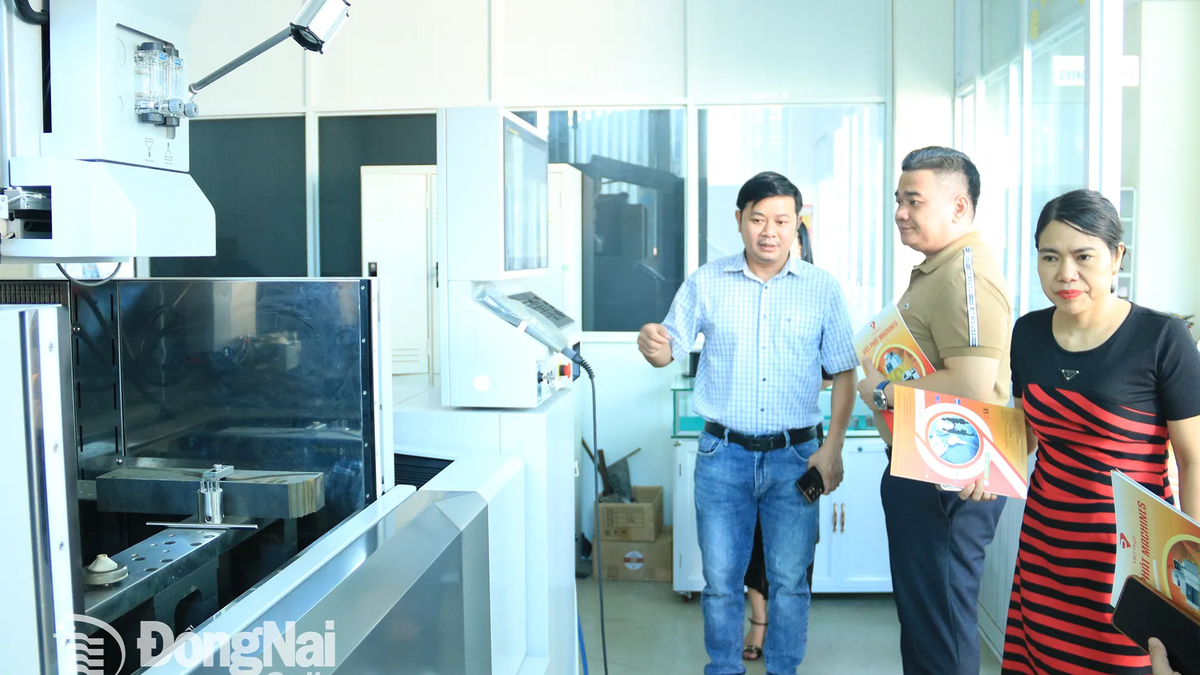




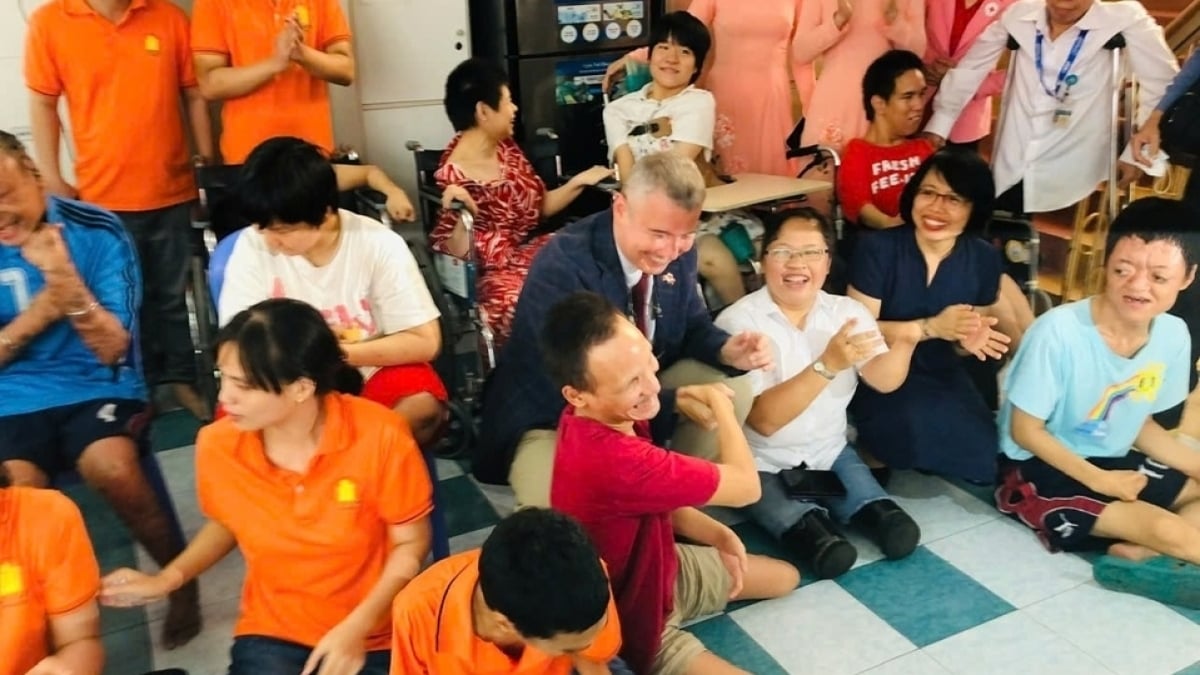
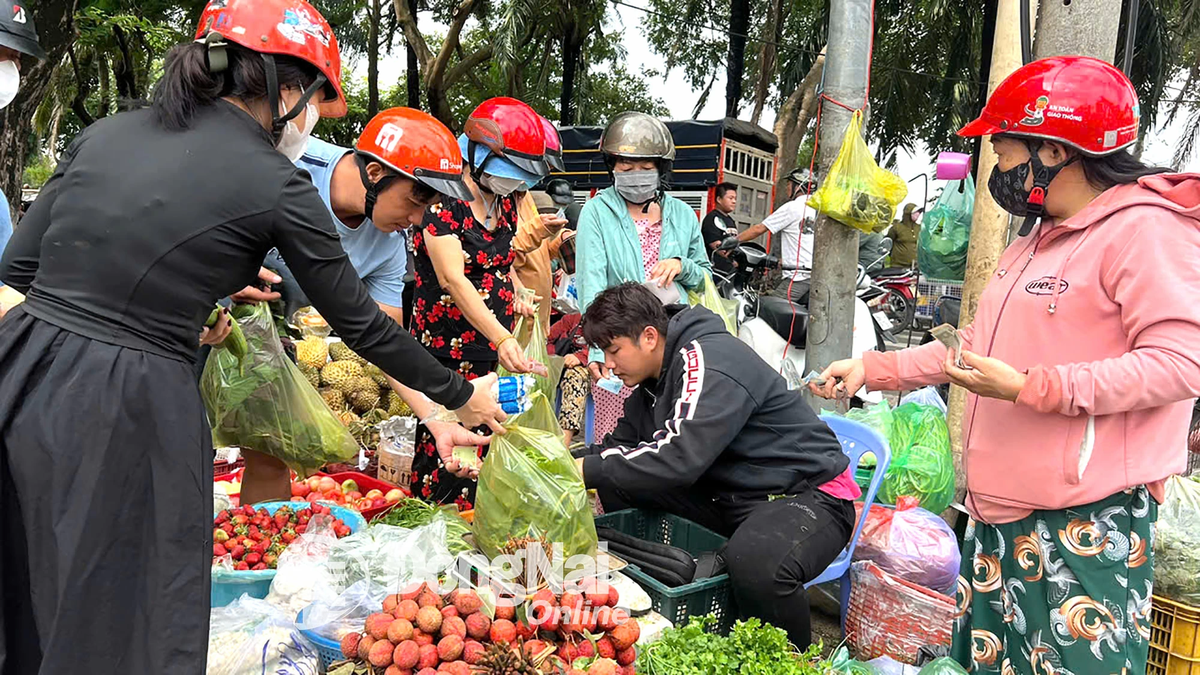

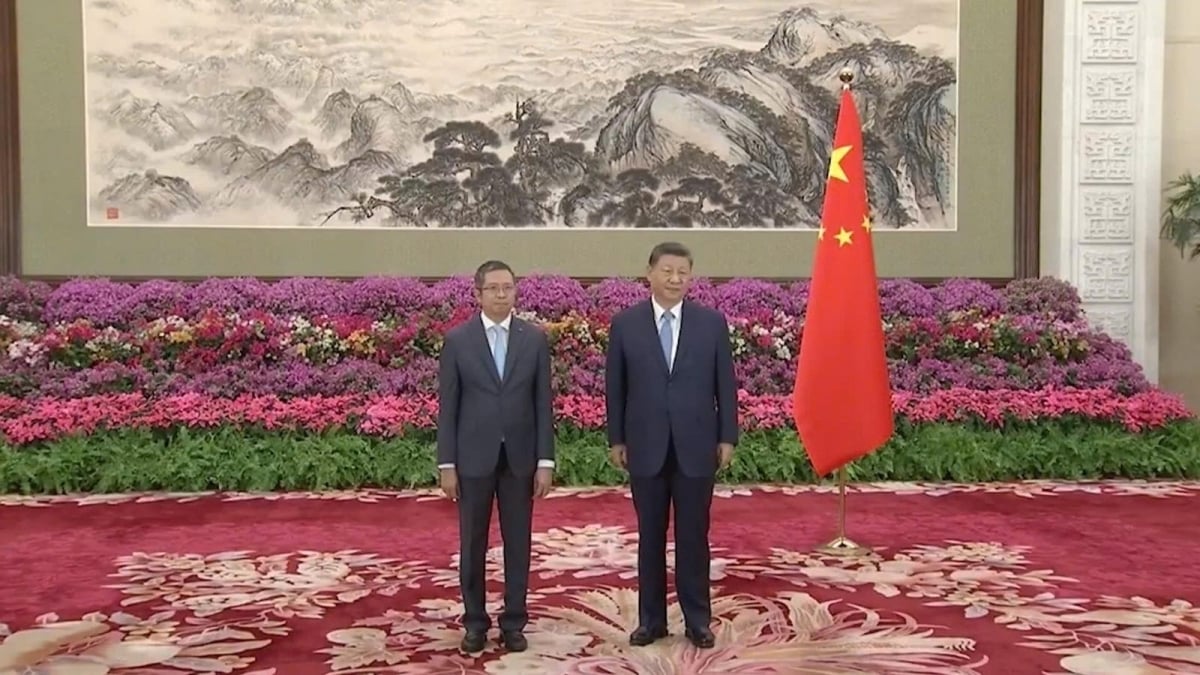












![[Photo] Signing of cooperation between ministries, branches and localities of Vietnam and Senegal](https://vphoto.vietnam.vn/thumb/1200x675/vietnam/resource/IMAGE/2025/7/24/6147c654b0ae4f2793188e982e272651)

















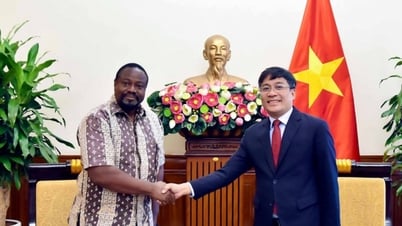



















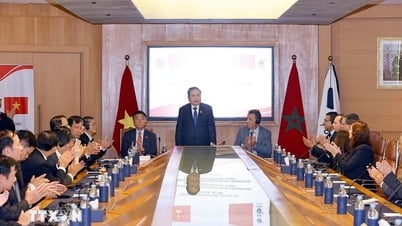
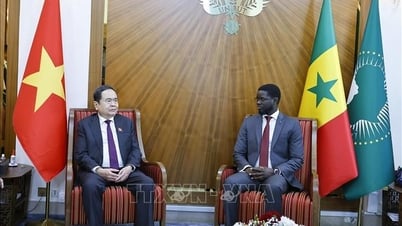

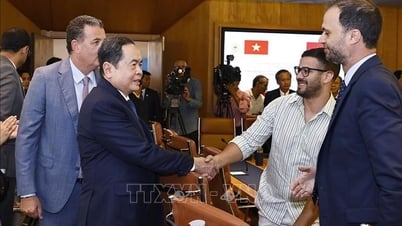
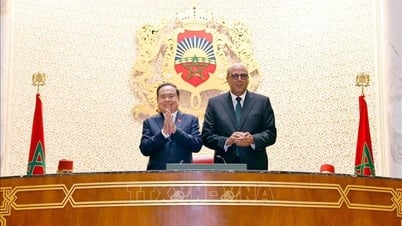
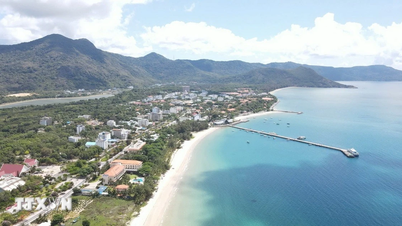
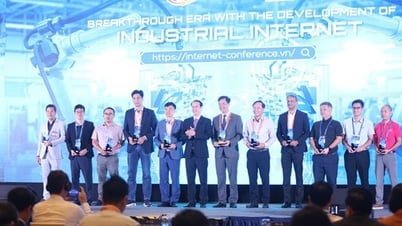


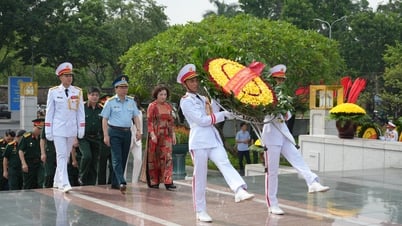

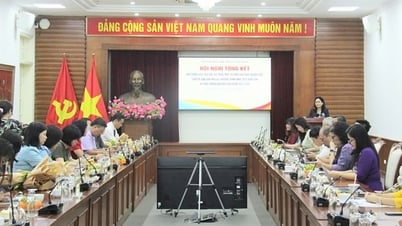


























Comment (0)